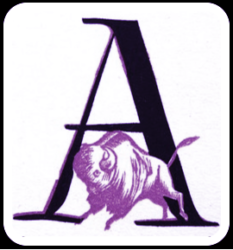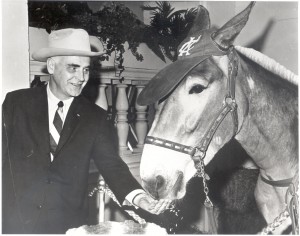In yesterday’s post I discussed the adage that is the title of this blog. One of my late father’s favorite adages was, “the dullest pencil is keener than the sharpest mind.” he meant that I had better write down my ideas before I forget them. I have just been thinking how much more powerful his aphorism would have been if the dullest pencil was also the best and the beautiful. In his youth America was still in search of a good five-cent cigar, but could wars have been averted with a superior penny pencil? There are the whole foods and tiny house movements. Perhaps there should be a Dull Pencil movement! Before you think I am suffering from lead poisoning from chewing too many Ticonderoga #2 barrels, allow me to elaborate.
There are the whole foods and tiny house movements. Perhaps there should be a Dull Pencil movement! Before you think I am suffering from lead poisoning from chewing too many Ticonderoga #2 barrels, allow me to elaborate.
Those closest to me know how I love writing instruments, particularly fountain pens. I write daily as a devotional exercise and there is nothing like drinking pour-over-brewed coffee from a steaming cup in the soft light of the early morning with a robust fountain pen seemingly guiding my hand as it smoothly sails over Clairefontaine paper. The Brilliant-Braun Pelikan ink transforms my thoughts into flowing rivers that I would love to describe as beautiful in themselves were it not that my scrawl hardly matches the functionality of my tools. Sadly, Plato’s ideals include perfect calligraphy. I have three cherished fountain pens (so far) that I will pass down to my children when I die. But if fountain pens were wine and I were a connoisseur of both wine and beer, then my 1.3 mm Pentel Fiesta mechanical pencil would be my favorite brew.
Consider the lithe Fiesta with its thick, unbreakable lead that graces Rhodias and Big Chief tablets alike with a fragile char that can be completely erased. Its tracks are uniformly, and wonderfully, dull. Yes, dull! It is useful both for writing and sketching for hours without fear of the lead snapping, falling out, or creating ugly chicken scratches. It has been admired as I keep track of Hand-and-Foot progress, has become the perfect Via Media to solve the pen versus pencil dilemma of keeping score at a baseball game, and has calmed my perfectionistic anxiety when I have to keep everyday notes in a Moleskine notebook. Its only flaw is that its PDE-1 erasers fall off the pencil end in my briefcase and, like prodigal socks in the dryer, they disappear forever to a synthetic rubber limbo.
I first encountered the Fiesta while foraging in Varney’s bookstore in Manhattan (Kansas–even more impressive!). A number of the mechanical pencils in Lifesaver candy colors were stuffed into a clear plastic cup. To say this was minimal packaging is an understatement. Only a small, difficult-to-remove product code sticker suggested that this was an item for sale. This was the only store I entered that ever carried the Fiesta in our part of the country. I have had to order it online since, and while I don’t know the inner workings of the company that makes it, I suspect that it is being discontinued.
The last time I ordered the pencil, the barrel-color selection was reduced to blue only for the 1.3 mm lead version. When I was in graduate school I was part of a writer’s cult that coveted Mon Ami ballpoint pens that were only available at a few elect K-Marts. During many an all-nighter one housemate or another would extol some aspect of the multi-faceted virtues of the Korean-made pen. Our panegyrics fell upon deaf ears when Sears took over the department store chain and the little blue-and-black plastic pens went the way of the Oviraptor Philoceratops. Let us hope the same fate does not await the Fiesta.



